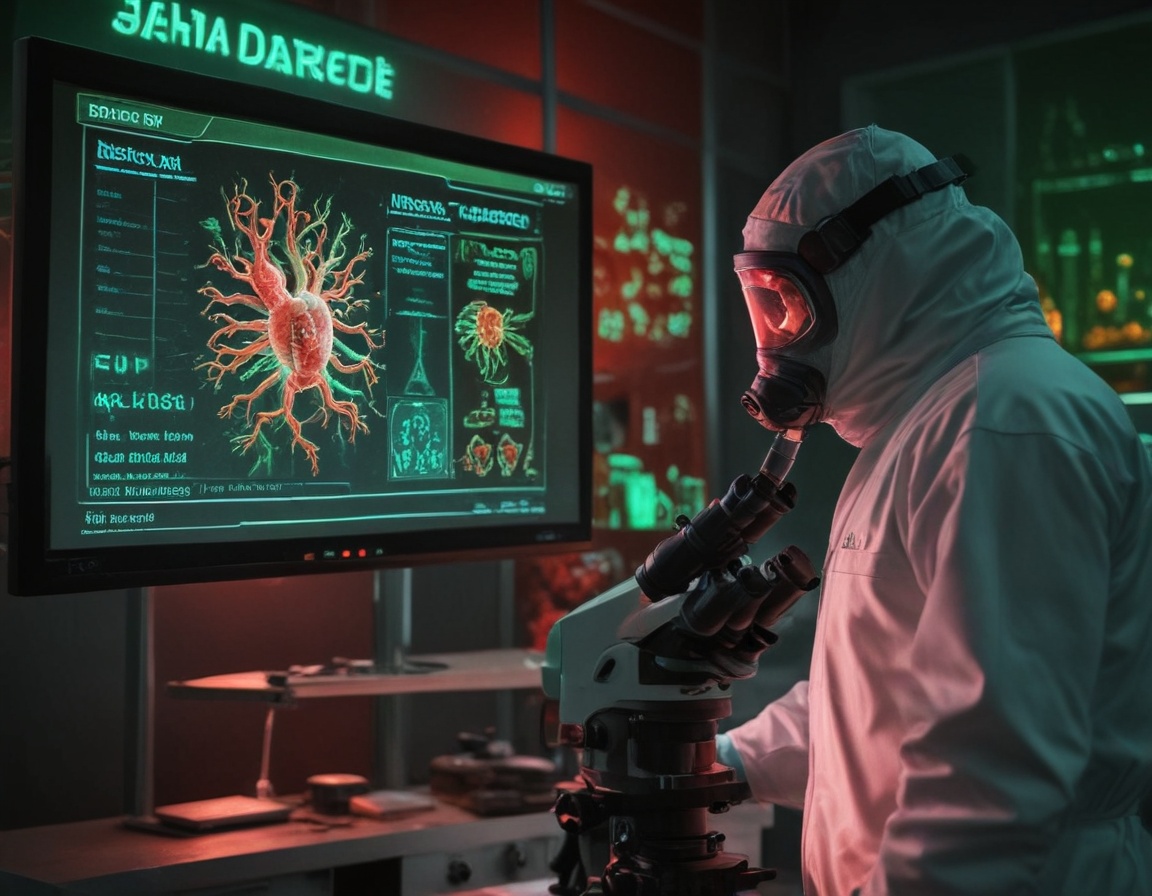The Rise of Antibiotic-Resistant Bacteria
Antibiotic resistance is becoming a global health crisis. Antibiotic-Resistant bacteria are evolving rapidly, making infections harder to treat and increasing the risk of severe illnesses. The overuse and misuse of antibiotics have accelerated this issue, threatening public health worldwide. Understanding the causes, consequences, and prevention methods is crucial in combating this growing threat.
What is Antibiotic Resistance?

Antibiotic resistance occurs when bacteria adapt to antibiotics, rendering these drugs ineffective. Antibiotic-Resistant bacteria survive and multiply despite medication, leading to infections that are harder to treat. This resistance develops due to: Visit for further details.
- Overprescription of antibiotics for minor illnesses.
- Incomplete antibiotic courses, allowing bacteria to survive and develop resistance.
- Overuse in agriculture, where antibiotics are given to livestock, promoting resistance.
Why is Antibiotic Resistance a Major Concern?
The rise of Antibiotic-Resistant bacteria poses serious risks:
- Ineffective Treatments – Common infections become difficult or impossible to cure.
- Longer Hospital Stays – Patients with resistant infections require extended care.
- Higher Medical Costs – Expensive treatments and specialized care become necessary.
- Increased Mortality – Some infections, such as pneumonia and bloodstream infections, become life-threatening.
Common Antibiotic-Resistant Bacteria
Several dangerous bacteria have developed antibiotic resistance, including:
- MRSA (Methicillin-Resistant Staphylococcus Aureus) – Causes severe skin and bloodstream infections.
- E. coli – Some strains are resistant to multiple antibiotics, leading to urinary tract infections.
- Drug-Resistant Tuberculosis (TB) – Makes standard TB treatments ineffective.
How to Prevent
Preventing Antibiotic-Resistant infections requires collective efforts:
. Use antibiotics only when prescribed – Avoid self-medication.
. Complete the full course of antibiotics – Do not stop even if symptoms improve.
. Practice good hygiene – Regular handwashing reduces infection spread.
. Get vaccinated – Helps prevent bacterial infections that may require antibiotics.
. Reduce antibiotic use in livestock – Support antibiotic-free meat and dairy products.
Conclusion
The rise of Antibiotic-Resistant bacteria is a serious global issue. Misuse and overuse of antibiotics have fueled resistance, making infections harder to treat. By using antibiotics responsibly and supporting preventive measures, we can slow down resistance and protect public health. Staying informed and taking action today will help combat this growing threat. You can visit for further details.

